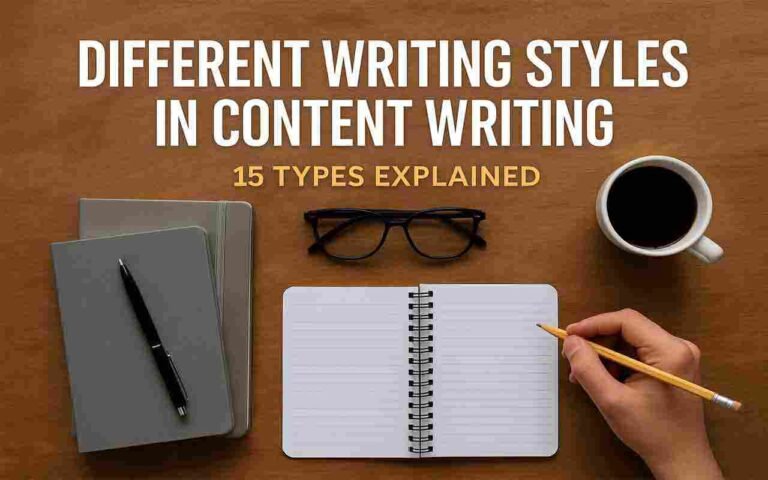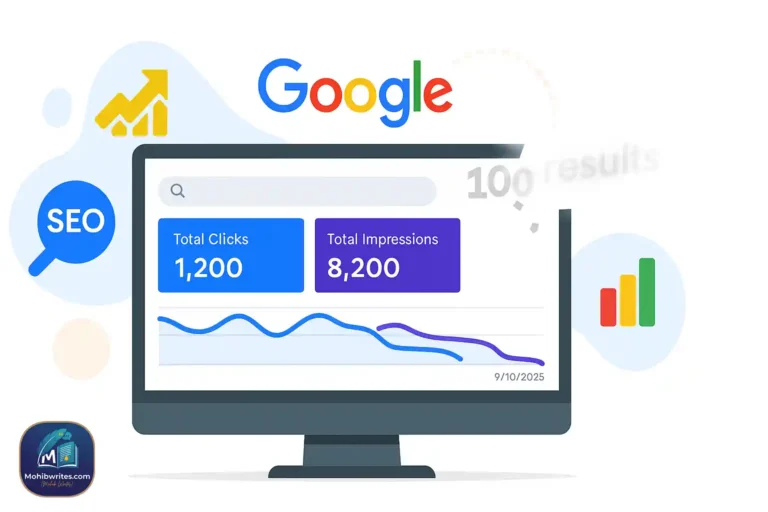In the rapidly evolving world of artificial intelligence (AI), OpenAI, the creators of ChatGPT, have raised concerns about the actions of a Chinese AI start-up, DeepSeek. According to OpenAI, there is significant evidence suggesting that DeepSeek may have used OpenAI’s proprietary models for a practice known as AI distillation. This act could potentially lead to intellectual property theft, sparking a broader conversation about the risks involved in the development and training of AI models.
Distillation, a common technique in AI, allows smaller models to replicate the performance of larger ones at a much lower cost. However, when used improperly, as suspected with DeepSeek, it may constitute a breach of copyright, terms of service, and intellectual property rights.
Also: 3 Ways to Make Money Online Using ChatGPT Search in 2025
AI Distillation and Its Implications
In AI distillation, a smaller model learns from the outputs of a larger, more capable model. By doing so, the smaller model can achieve similar results with fewer resources. Developers often use this technique to make AI more accessible while reducing computational power and costs. However, the use of distillation is often controversial when it involves unauthorized access to proprietary models.
OpenAI has claimed that DeepSeek may have improperly utilized its models to train its own AI competitor. This allegation raises questions about the ethical use of AI models and intellectual property rights. Specifically, OpenAI believes that DeepSeek’s actions might violate their terms of service, which prohibit the copying or replication of OpenAI’s services for creating competing models.
The Rise of DeepSeek’s Competitor Model
DeepSeek, a relatively unknown AI start-up, has surprised the AI community by releasing its R1 reasoning model. Despite limited resources—such as only 2,048 Nvidia H800 graphics cards and an investment of $5.6 million—the company managed to develop a model with 671 billion parameters. This model has achieved high rankings, rivaling leading models in the market and raising concerns about how it reached such performance levels. Analysts claim DeepSeek’s model may have learned from OpenAI’s GPT-4 outputs, a direct violation of OpenAI’s terms of service.
OpenAI and its partner, Microsoft, investigated accounts linked to DeepSeek, suspecting them of using OpenAI’s API to access proprietary data. They later blocked these accounts to prevent further use of OpenAI’s resources for distillation.
Also: OpenAI Launches ChatGPT on WhatsApp: A Game-Changer in AI Accessibility
The Allegations of Intellectual Property Theft
David Sacks, a prominent AI expert, and former US government official, has also raised the possibility that DeepSeek may have engaged in intellectual property theft. In a recent interview, Sacks stated that there was substantial evidence that DeepSeek had “distilled” the knowledge from OpenAI’s models to create its own competitive product. While Sacks did not provide specific details of the evidence, his claims have contributed to growing concerns over the protection of intellectual property in the AI industry.
The alleged misuse of OpenAI’s models by DeepSeek is particularly concerning because it could have far-reaching implications not only for OpenAI but for the broader AI community. It underscores the difficulties in safeguarding intellectual property in an industry that thrives on collaboration and the rapid exchange of ideas and outputs.
Distillation as a Common Practice in AI Development
AI developers, especially start-ups and researchers, commonly use distillation, but they must follow ethical guidelines and respect intellectual property laws. According to experts in the field, such as Ritwik Gupta, a PhD candidate at the University of California, Berkeley, it is not uncommon for start-ups and academics to use outputs from human-aligned models like ChatGPT to train their own systems. However, Gupta adds that this should only be done under proper permissions or within ethical boundaries.
The practice of distillation highlights the challenges faced by large AI companies like OpenAI in protecting their investments in training models. It is difficult for companies to completely prevent smaller players from leveraging their outputs to create more efficient models, and many companies are left scrambling to find new ways to safeguard their intellectual property.
The US-China AI Rivalry and the Race for Innovation
The allegations against DeepSeek also highlight the ongoing rivalry between US-based AI companies and Chinese start-ups. OpenAI has expressed concerns about China-based companies attempting to “distill” the models of leading US AI companies. This is part of a larger pattern where Chinese AI companies are attempting to catch up to, or even surpass, the innovations of American companies by using distillation techniques to enhance their models.
OpenAI has responded by implementing countermeasures to protect its intellectual property, including a careful selection of frontier capabilities in the models it releases. Furthermore, OpenAI stresses the importance of working closely with the US government to safeguard the most advanced models from being accessed by competitors and adversaries.
The Future of AI and Intellectual Property
As the AI landscape continues to evolve, the protection of intellectual property will remain a critical issue. The ongoing disputes over AI models and the distillation of proprietary technologies raise important questions about the future of AI development and the ethical use of AI tools. While companies like OpenAI invest billions of dollars into building advanced models, the rise of smaller, resource-efficient players like DeepSeek challenges the traditional business models and calls for clearer guidelines and protections.
In the broader context, the allegations against DeepSeek serve as a cautionary tale for other companies in the AI space. As AI continues to revolutionize industries and push the boundaries of what is possible, ensuring that intellectual property rights are respected will be vital to fostering innovation and competition.
Also: 7 Content Writing Trends for 2025: Stay Ahead in Content Creation and SEO Strategy
Conclusion
The accusations against DeepSeek for allegedly using OpenAI’s proprietary models through distillation highlight the growing concerns about intellectual property theft in the AI industry. While distillation is a common practice in AI development, using outputs from larger models without proper authorization crosses ethical and legal lines. OpenAI’s efforts to protect its intellectual property and maintain its competitive edge demonstrate the complexity of safeguarding AI models in an increasingly interconnected and competitive market. As AI continues to evolve, the balance between fostering innovation and protecting intellectual property will be crucial in shaping the future of artificial intelligence.
By addressing these concerns and implementing stronger safeguards, companies like OpenAI can continue to lead the way in AI innovation while ensuring that their work is protected from unauthorized exploitation. The AI industry is at a crossroads, and how companies manage intellectual property will determine the trajectory of AI’s role in the future of technology and society.







